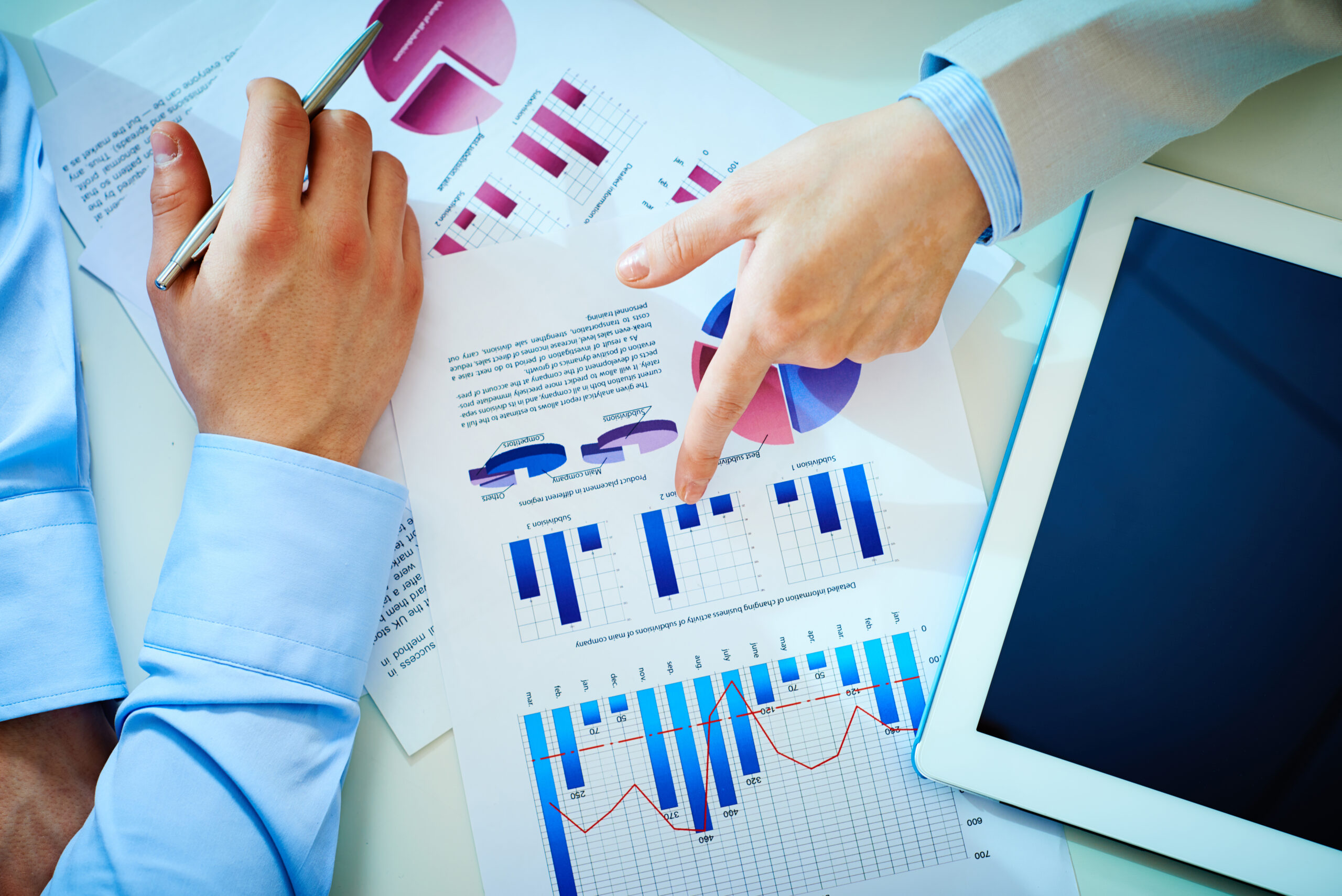Businesses today gather and organize a lot of information from various sources in our digital world. Business performance is improved by providing key information from this data. In business intelligence (BI), this information is presented in an easy-to-understand, user-friendly manner. BI reports provide real-time information, unlike traditional reports, which might take a long time to be provided by the IT department. The advantage of this is that business leaders can get the information right away and make quick decisions.
1. BI Reporting Can Be Used in Any Industry or Department
BI reporting is beneficial to any industry or department since it can be used everywhere. Business intelligence reporting can be tailored to meet the specific requirements of any industry, whether it’s manufacturing, distribution, retail, or another. In a production environment, for example, BI reporting can allow you to track things like how long a cycle takes, how long it takes to switch from one product to another, and how many products are made each hour, shift, or day.
BI reporting can also benefit managers in other departments. In addition to tracking activities and managing costs associated with customer service, sales teams can use BI reports to measure their success. Financial departments can dig deeper into profit and loss statements by using BI reporting packages to provide analytical features. Any industry or department can benefit from BI reporting.
2. BI Reporting Helps with Cost Optimization
Cost optimization is another key benefit of business intelligence reporting. Managers will have a better understanding of costs and savings, making them more effective at managing and reducing them. Detailed BI reports can help your inventory department predict and adapt to trends in inventory, identify and eliminate bottlenecks, and improve overall efficiency.
Inventory managers can see which products are selling well and which are not, and they can track changes during different seasons or cycles.
You can ensure your company meets market demand, avoids costly mistakes like holding too much-unused inventory, and stays resilient in the face of unexpected disruptions when using BI reporting.
As well as understanding the purchasing patterns of customers at different locations, BI reporting can also be used by the sales department. Optimizing pricing strategies will allow your team to sell more rather than just focus on selling as much as possible.
3. BI Reporting Increases Workflow Speed
Many disruptions in the business world can cause delays in the supply chain or supplies to run out. Companies must be able to respond quickly to disruptions of this nature. Business intelligence reporting provides the information you need to adjust your plans quickly if the market changes or your company faces a challenge. The use of BI reports, however, can reduce the time it takes managers and employees to prepare detailed reports from experienced data analysts. There are times when more information is needed after the report is ready, resulting in even more delays.
With BI reporting, you can analyze your data instantly and accurately because all your data is funneled into one centralized source. The result is that even people without any technical background can generate reports quickly, which significantly speeds up the workflow. With visual tools available in BI reporting, workflows can be speeded up even further since people comprehend visual information faster than text.
4. BI Reporting Gives You Confidence in Decision-Making
Strategic decisions are often made by executives and managers that can have a major impact on the company. Many still rely on their intuition and experience to make these decisions. BI reporting simplifies the process, however. BI reporting helps you make informed decisions quickly about your warehouse operations, marketing campaigns, or cost optimization. Based on real-time data, stakeholders can set actionable goals and milestones.
5. BI Reporting Is Instant
BI dashboards are easy to use, visual, and customizable. Discovering important information and spotting trends has never been easier. Each dashboard can be tailored to meet the specific requirements, goals, and preferences of the user. Therefore, all users, regardless of their technical skills, will be able to create, analyze, and run reports from any device, at any time. Users can work confidently with this instant reporting capability. It is also possible to set up alerts based on specific key performance indicators (KPIs). You can receive an email alert if inventory levels fall below a certain number, ensuring you are always aware and able to assess the situation quickly.
Conclusion
BI reporting helps businesses in any industry or department make better decisions with the help of business intelligence (BI). Using it, predictive analytics are obtained, costs are optimized, workflows are sped up, data is accessible instantly, and it allows for confident decision-making. Business intelligence reporting allows companies to track, analyze, and respond to information easily, which helps them remain flexible in a fast-paced environment.


